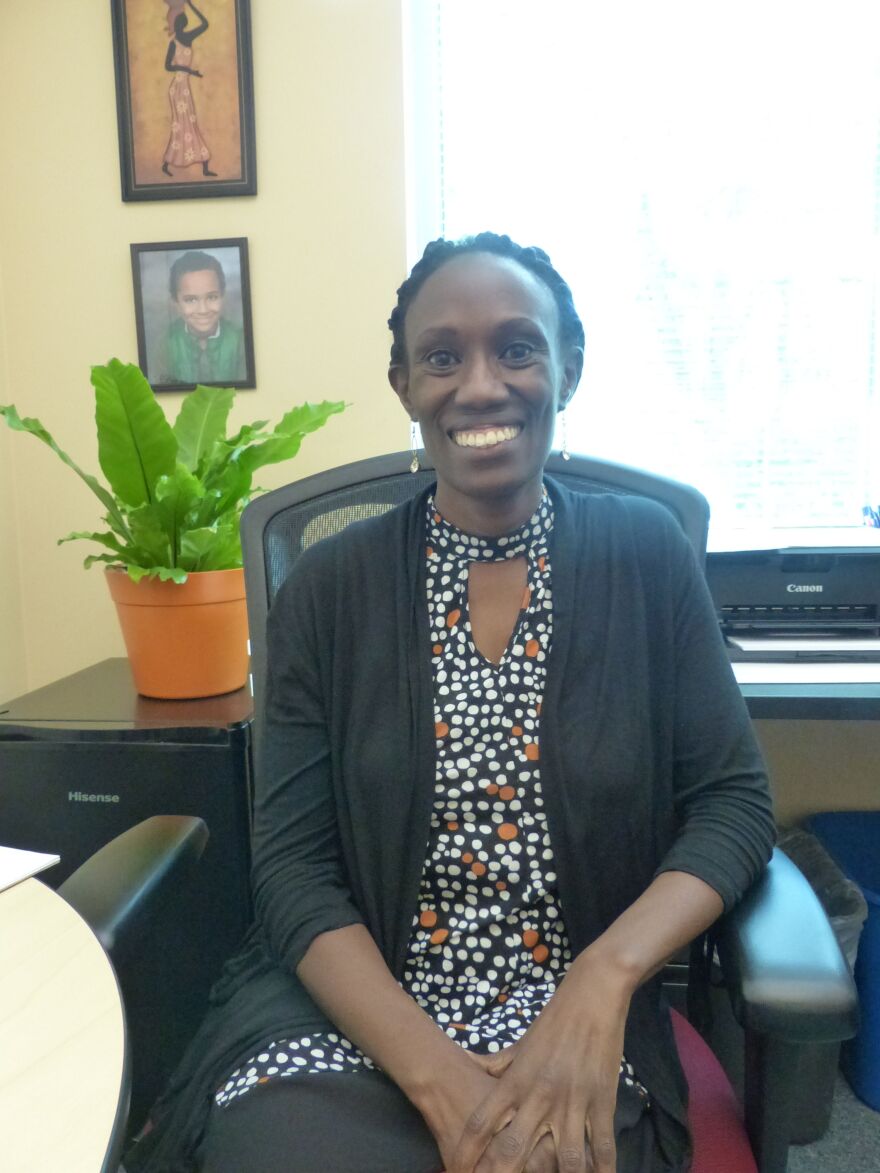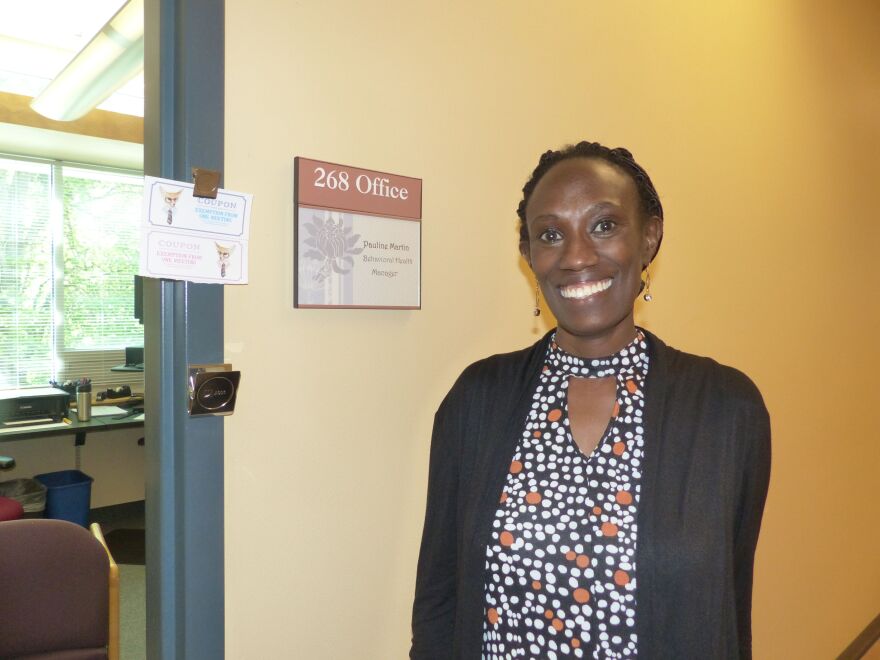May is National Mental Health Awareness Month and each week KLCC has been addressing a topic surrounding mental health from a local perspective. This week, we’re talking about decriminalizing mental illness and the importance of community.
“I am Pauline Martin, I am the Division Manager at Lane County Behavioral Health.”
There, Martin says her mental health teams look to treat each client “as a whole person.” Do they need primarily medication? Or a combination of psychiatric therapies?
Martin was born in Kenya. When she came to the U.S. for college, she noticed how a difference in resources between the two countries affected the ways each place treats mental health issues.
“I was raised in a community that we took care of our own. The human-ness,” Martin says. “Because I think there is a big part of that that’s missing in this community. While we do have a lot of resources, we focus so much on those, than the community connections. And that’s key to addressing mental illness.”
In addition to promoting community inclusion and acceptance, Martin also wants to see decriminalization of the mentally ill. She says anymore, jails are turning into “mini-asylums.”
“Any time somebody who has a mental illness comes into encounter with law enforcement,” Martin says, “the first course usually is to send them to jail, even for some level misdemeanors.”
Over the years, Lane County has seen multiple instances of violent encounters between police and people with mental illness. Sometimes resulting in death.
Martin hopes for an end to these incidents through a partnership with police. The Law Enforcement Data System (or LEDS) allows Behavioral Health clients to voluntarily disclose what triggers adverse behaviors in them. Police can quickly access this information and possibly avert a crisis.

“I am so glad to see that,” Martin says. “We still have a long way to go but we are getting there.”







